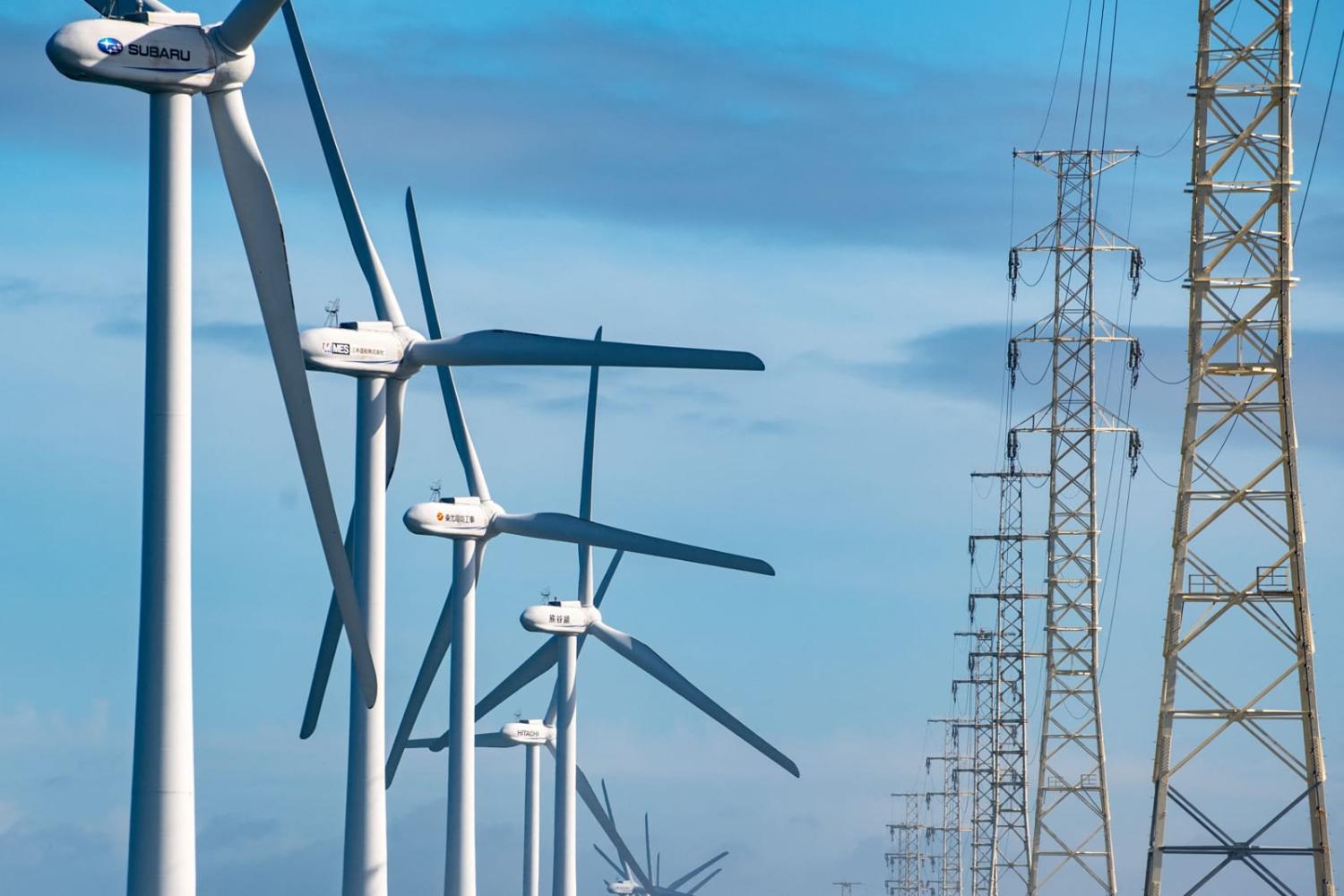Yamagami Shingo, who until last week served as Japan’s ambassador to Australia, again voiced criticism of Australia’s energy policy just before leaving his post. The Japanese government and industry are concerned that market interventions by Canberra and state capitals might negatively impact their interests. Such tension is unavoidable at a time of significant disruption in the energy market. Australia must take these concerns seriously, yet it must also prioritise its own interests.
Australia’s recent interventions in the energy sector include various mechanisms and priorities: gas and coal price caps seek more secure energy for domestic households and businesses, higher royalty and taxation rates seek greater public returns from resource extraction, and improved climate legislation seeks reduced emissions from industry.
Although Australian governments have not explicitly stated their intention to curtail gas or coal exports, certain domestic decisions could still have cross-border impacts, especially if expanded in the future. As a major net energy exporter, policies that provide cheaper and more abundant energy at home, and improve the share of economic returns that Australia generates from its energy, could reduce volumes, raise prices and deter some investment abroad.
Export-focused coal and liquefied natural gas projects are also among the biggest generators of Australia’s greenhouse gases. If Australia wants to come anywhere close to its goals of reducing emissions 43 per cent by 2030 and net zero by 2050, it’ll need policies that are virtually assured of reducing the fossil energy that have been traditionally supplied to the world.
That Japan, in particular, finds these decisions confronting is not surprising. The northeast Asian nation is famously energy insecure. It has long turned to Australia to alleviate these challenges. Yamagami, indeed, regularly noted that 70 per cent of Japan’s coal and 40 per cent of its gas – as well as 60 per cent of its iron ore – come from Australia.
Australia and Japan have enjoyed a mutually beneficial energy relationship. The high level of trust between the two countries has been sufficient to overcome Japanese concerns about an overreliance on a single provider. This is despite the figures that Yamagami has quoted resembling Europe’s problematic dependence on Russia prior to Moscow’s war in Ukraine.
Signs that the Japan-Australia energy relationship may be fraying are concerning, particularly when bilateral ties have advanced in leaps and bounds in other areas such as security. Tokyo’s objections may also presage further ructions across the Indo-Pacific. China has also already expressed worries about Australia’s evolving energy policy. Objections from other customers, such as Korea, Taiwan, Singapore or India – with which Australia is more geopolitically aligned – would be more serious.
Complaints from Japan or others must, however, be put in proper context. This is one in which global energy markets continue to experience huge upheaval. It would ordinarily take years for patterns of trade and investment to regain equilibrium following the shock of Russia’s invasion of Ukraine. This vast challenge has also happened against a backdrop of an accelerating transition to cleaner forms of energy that will compound the disruption.

Australian policymakers have not been the only ones more actively intervening in energy markets. Most of the Australian government decisions have enjoyed broad public support in light of the exceptional circumstances that led to them.
In the Japanese context, Tokyo has dragged its feet on transitioning to cleaner energy. Addressing this would not only be key to the climate fight, it would allow opportunities to tap often cheaper domestic resources and reduce exposure to volatile international markets. Japan faces unique challenges, including limited available land for renewables. Yet it has also neglected investments in areas such as offshore wind, in favour of propping up gas and only partially emissions-abated coal.
It is difficult to uphold complaints about Australian energy policies in light of these circumstances. Australia has rightly cherished its position as a trusted energy exporter to Japan and other Asian economies. Yet it must put its own needs ahead of others, lest the country’s own energy security, public finances and associated strategic resilience suffer.
Australia must also make a larger commitment to the climate fight following years of neglect. It will help improve relations with regions such as the Pacific, as well as with its major international partner the United States, which has sought to make climate a “new pillar” of the bilateral alliance. Australia shouldn’t be burdened by obligations to others that might prove less committed to the task.
The good news is that Australia needn’t forego energy-linked relationships in a world increasingly concerned with energy insecurity and climate change. Australia is well-positioned to be a major provider of the critical minerals, clean energy technologies, carriers such as hydrogen and electricity, green metals and other building blocks of the new energy world.
Australia should take the concerns of energy partners seriously while putting its own needs and obligations first. Australia should prioritise relationships that can ensure an orderly transition to a world of more secure and cleaner energy.

